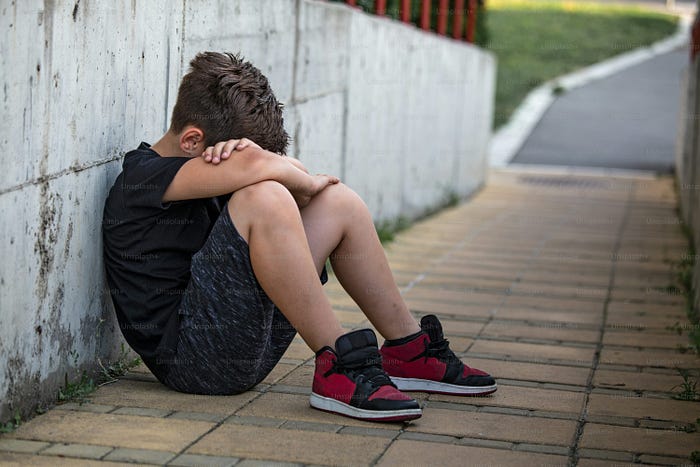Understanding the Impact and Prevention of Bullying
Written on
Chapter 1: The Nature of Bullying
Bullying is a widespread concern that has troubled societies throughout history. This harmful behavior, which involves deliberately inflicting pain on others through verbal, physical, or psychological means, can have enduring repercussions for individuals, communities, and even entire nations. Understanding the historical context and notable figures related to bullying is essential for effectively tackling this urgent issue.
In ancient Greece, one of the earliest documented examples of bullying can be found in the discussions of philosopher Aristotle, who examined its detrimental effects on both victims and aggressors. During medieval times, bullying often manifested through physical confrontations such as duels or public shaming. As society progressed, so did the tactics of bullying, evolving into psychological and emotional forms in contemporary times.
The 20th century brought significant insights from pioneering psychologists like Sigmund Freud and B.F. Skinner regarding the psychological drivers behind bullying. Freud’s psychoanalytic theories posited that those who bully might be expressing unresolved childhood traumas through their aggressive actions. Meanwhile, Skinner suggested that bullying is a behavior learned through reinforcement, often resulting in power or control over others.
The repercussions of bullying are far-reaching, impacting not only the victims but also their families, communities, and nations. Studies indicate that individuals who endure bullying are at a higher risk of experiencing mental health challenges, including depression, anxiety, and diminished self-worth. Furthermore, bullying can lead to academic difficulties, social withdrawal, and, in extreme situations, suicidal tendencies.
Despite the adverse effects of bullying, several influential figures have made remarkable strides in combating this issue. One prominent advocate is Dan Olweus, a Norwegian psychologist recognized for his groundbreaking work in bullying prevention. He created the Olweus Bullying Prevention Program, which has been adopted in schools globally to mitigate bullying and encourage a positive educational environment. His research has been instrumental in shaping policies and interventions targeting this problem.
With the rise of social media, cyberbullying has emerged as a significant concern, occurring through digital platforms and devices. This form of bullying can be particularly damaging due to its extensive reach and the anonymity it affords aggressors. In light of this growing issue, various organizations and advocacy groups are focused on increasing awareness of cyberbullying and providing support to victims and their families.
To effectively address bullying, it is vital to persist in raising awareness and implementing evidence-based prevention methods. Collaboration among schools, parents, and communities is essential in fostering safe and inclusive spaces where bullying is unacceptable. By nurturing empathy, emotional intelligence, and conflict resolution abilities in children from an early age, we can help curb bullying and encourage a culture of respect and kindness.
In summary, bullying is a multifaceted issue that necessitates a comprehensive approach for effective resolution. By grasping the historical background, key contributors, impacts, and perspectives on bullying, we can strive to cultivate a world where individuals feel secure, valued, and empowered. It is imperative to acknowledge the role each of us plays in fighting against bullying and fostering a culture of compassion and understanding. Together, we can make a meaningful difference in the lives of those affected by bullying and contribute to a more inclusive society for everyone.

Chapter 2: Addressing Bullying Through Awareness and Action
This video titled "Protect Yourself Rules - Bullying" discusses essential strategies for individuals to defend themselves against bullying and emphasizes the importance of awareness and self-advocacy.
The second video, "How to Stop Bullying | Sandy Hook Promise," provides insights on preventing bullying through community engagement and proactive measures.